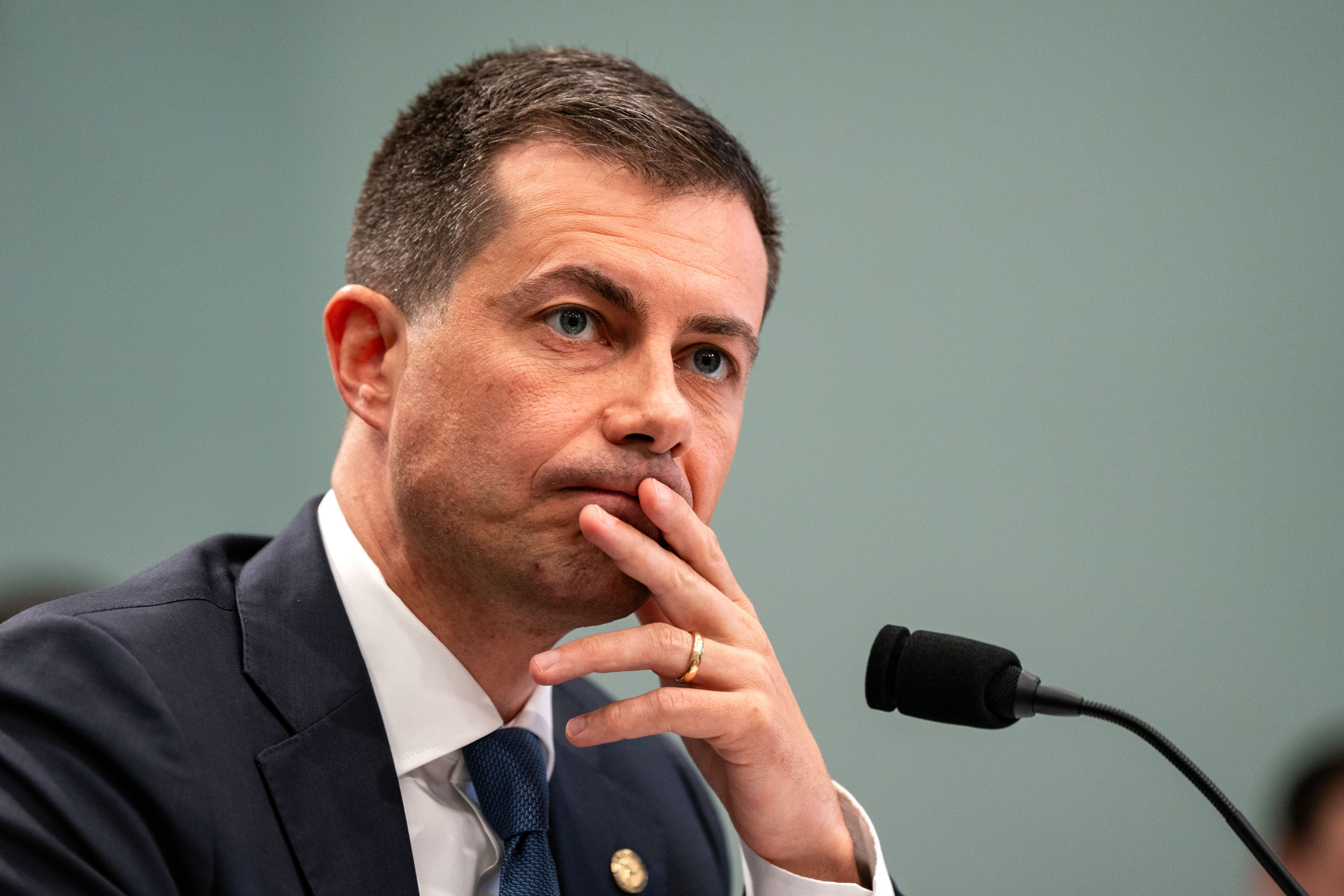The jury returned the verdict many in the country clamored for: Guilty of murder. Crowds surrounding the courthouse cheered. Reporters, whose pre-trial coverage declared the defendant guilty, barely hid their delight. In the end, the killer was shackled and sent to prison. The court commotion was unlike anything Americans had ever seen. Yet justice wasn't done.
I'm not talking about Derek Chauvin's murder trial. The jury spoke in that case and unless a higher court says otherwise, their verdicts stand; those disgruntled about it must remember justice is a process, not a result.
What I'm talking about is the 1954 trial of Dr. Sam Sheppard, a Cleveland area doctor accused of murdering his wife in a story so sensational it spawned a popular TV series and movie called "The Fugitive."
But the Sheppard case is instructive in trying to understand our own moment—especially the crucial question of whether the guilty verdict against Chauvin will hold. In fact, the Sheppard precedent may just result in Chauvin's guilty verdict being overturned by a higher court.
In the Sheppard case, reporters bullied public officials into acting before they were ready. Before the coroner had even convened a hearing to determine the cause of death, the morning edition of one newspaper ran a front page editorial with a headline screeching, "Why No Inquest? Do it now, Dr. Gerber." Later that day, Coroner Samuel Gerber genuflected to public opinion and called an inquest.
The coroner scheduled his inquest in a large gymnasium to allow hundreds of citizens to observe. When it started, he theatrically refused to allow Sheppard's attorney to speak, playing to the crowd, and disregarded any notion of fairness. He was rewarded with loud applause and even kisses from some of the women in the room.
But that's not all: Media outlets were furious that Sheppard had not yet been arrested, and they employed the power of their platforms to change that. Shortly after the coroner's kangaroo court, one front-page editorial asked, "Why Isn't Sam Sheppard in Jail?" The prosecutor dutifully arranged for Sheppard to be arrested that evening.
After that, the trial began quickly—not incidentally, just a few short weeks before the presiding judge would stand for reelection. And the media coverage was wall-to-wall. Reporters outnumbered the trial participants by a huge margin. Broadcast cameras and microphones choked the court room. Like Derek Chauvin's trial, the Sheppard trial was the most talked about case in the nation.

And like the jury in the Chauvin case, the jurors in Sheppard's trial were not sequestered. Some even admitted to hearing false news reports about a woman claiming she'd given birth to Sheppard's child. The defense asked the judge to inquire if other jurors had heard this report, but he refused. "We are not going to harass the jury every morning," he retorted.
Sheppard was convicted. But that was not the end of his story. His case went to the Supreme Court, where the case centered not on whether Sheppard was guilty, but on whether the trial was fair, given the overwhelmingly hostile media coverage that stoked public hatred.
The high court's decision? The trial was not fair and thus violated the Constitution. As the justices put it in one of the more memorable descriptions in Supreme Court caselaw, "In this atmosphere of a 'Roman holiday' for the news media, Sam Sheppard stood trial for his life."
Sheppard walked free.
In the intervening decades, it has become obvious that the rise of new platforms for news distribution make the sort of overreach seen in the Sheppard case more likely to reoccur, along with the possibility of verdicts being overturned. And this year has reached the apex of that phenomenon.
Chauvin's judge made key errors, one of which was refusing to sequester the jury from media coverage and the racial protests that roiled America and Minneapolis. By allowing the aroma of bias to waft into the jury room, he may have given an appeals court a reason to use the Sheppard standard to set Chauvin free.
The judge even acknowledged the jury might have been exposed to dangerous and reckless incitement by California Congresswoman Maxine Waters. Waters traveled to Minnesota just as the jury was preparing to deliberate, where she told crowds that if there wasn't a guilty verdict, "You've got to get more confrontational." The threat became a part of the court record, and as the judge told Chauvin's defense lawyer, "Congresswoman Waters may have given you something on appeal that may result in this whole trial being overturned."
One of the centerpieces of American political and legal culture is an emphasis on the importance of transparency. Unlike other countries, like Canada, which can ban news coverage of prominent trials, we believe transparency enhances the credibility of courts, just as we covet the disinfecting effect of sunshine in government. But to compensate, American judges have numerous tools to protect cases from improper influence by public opinion and media hype. Sadly, the judge in Chauvin's trial imprudently left many of these implements in the tool shed.
We won't see Derek Chauvin facing off against Tommy Lee Jones, proclaiming his innocence on the edge of a dam, the way Hollywood portrayed Sam Sheppard. But there may be a rough reckoning for those who believe the desired end—a guilty verdict—justified the means of trial by media.
Appeals court judges will now determine if the process, and not just the verdict, was fair.
Mark R. Weaver is a criminal prosecutor, crisis communications consultant, and the former Deputy Attorney General of Ohio. He is the author of the book "A Wordsmith's Work." Twitter: @MarkRWeaver
The views in this article are the writer's own.
Uncommon Knowledge
Newsweek is committed to challenging conventional wisdom and finding connections in the search for common ground.
Newsweek is committed to challenging conventional wisdom and finding connections in the search for common ground.





